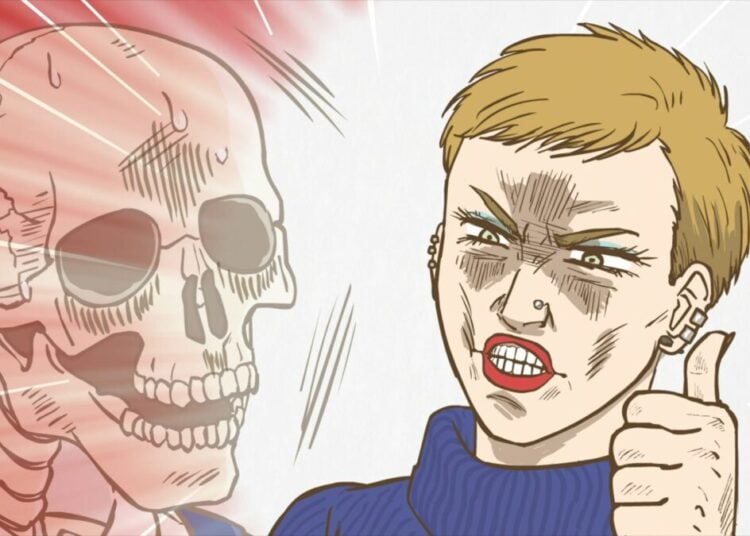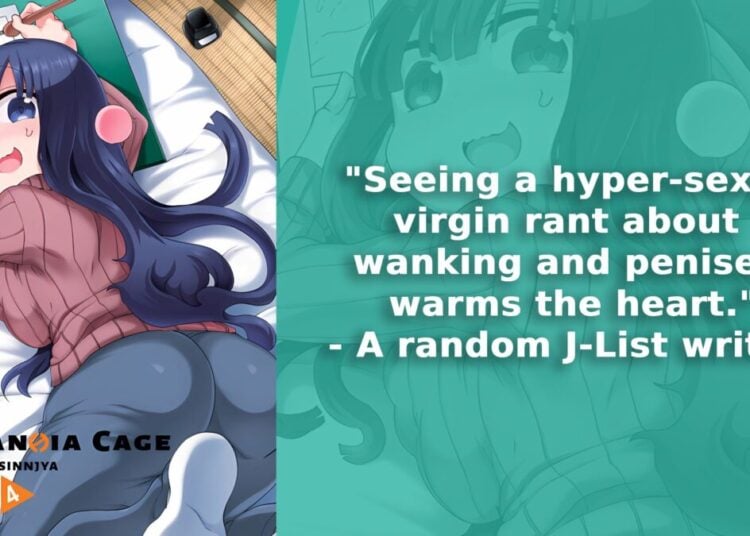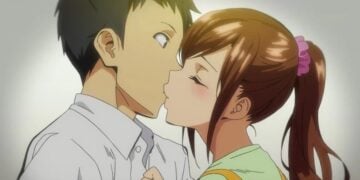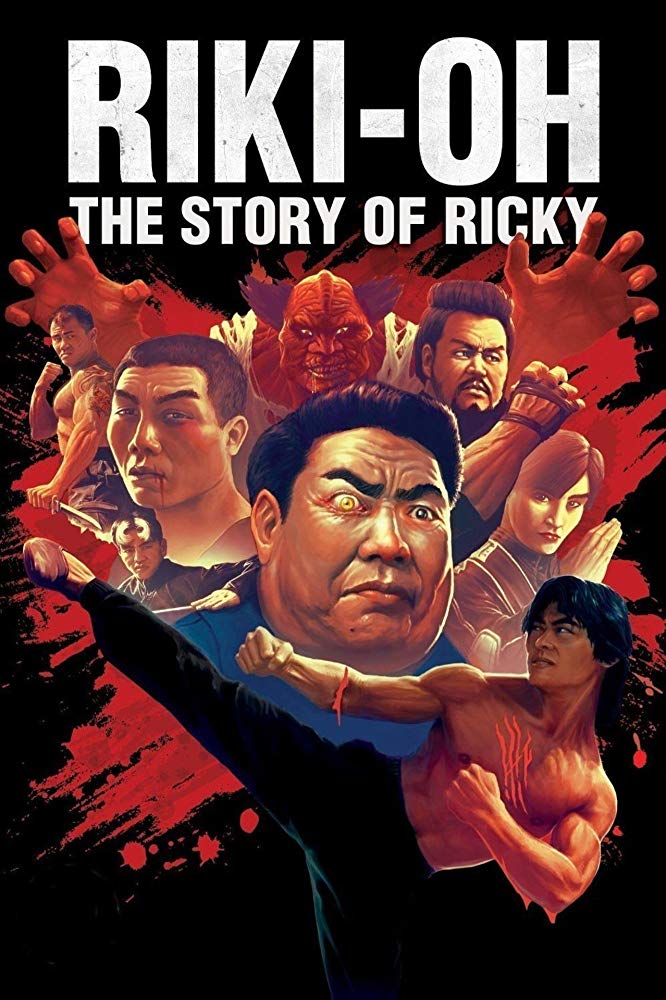
When it comes to live-action adaptations of Japanese works made outside of Japan, it can be a mixed bag in regards to quality. For every Alita: Battle Angel (2019), you’ll find more movies that are closer to Dragonball Evolution (2009). Then, there’s something like Riki-Oh: The Story of Ricky (1991): a movie that, at a glance, looks like an utter disaster, but defies those expectations while retaining the spirit of its source material.
https://www.youtube.com/watch?v=XtHe4d-dIgg
Trailer for the English-dubbed version of the film. Circa 1991. (Source: YouTube)
Riki-Oh was a 12-volume seinen manga series by Masahiko Takajo and Tetsuya Saruwatari. It followed the brutal if not insane martial arts exploits of the titular protagonist, and ran from 1987 to 1990. While it saw a couple of OVAs over its original run, at some point Hong Kong-based Diagonal Pictures and Paragon Films Ltd. got the rights to produce a live action film, which was released in Japanese cinemas in 1991 and in Hong Kong the following year. Such a development wasn’t unprecedented, given works like Golgo 13: Assignment Kowloon (1977) and the Crying Freeman adaptation The Dragon from Russia (1990). The end result, however, written and directed by the infamous Lam Ngai Kai of Erotic Ghost Story fame (under the alias “Simon Nam”), was something else. Yet whether in spite of its flaws or because of them, the movie still manages to remain a solidly entertaining romp, transcending “so bad it’s good” to become a cult classic in its own right.
Jailhouse Madness
Riki-Oh: The Story of Ricky takes place in the dystopian world of 2001, when countries have privatized just about everything, including prisons, and corporate abuse runs rampant. Lik Wong/Ricky Ho (Fan Siu-wong), a young music student turned martial artist, is sentenced to 10 years in jail for manslaughter. He’s soon confronted, however, with corrupt guards, inmates led by kingpins calling themselves the Four Heavenly Kings/Gang of Four and ultimately, the cruel Warden they all answer to. Thus, Ricky sets off on a quest to bring true hope to the downtrodden prisoners, topple their overlords, and escape into freedom.
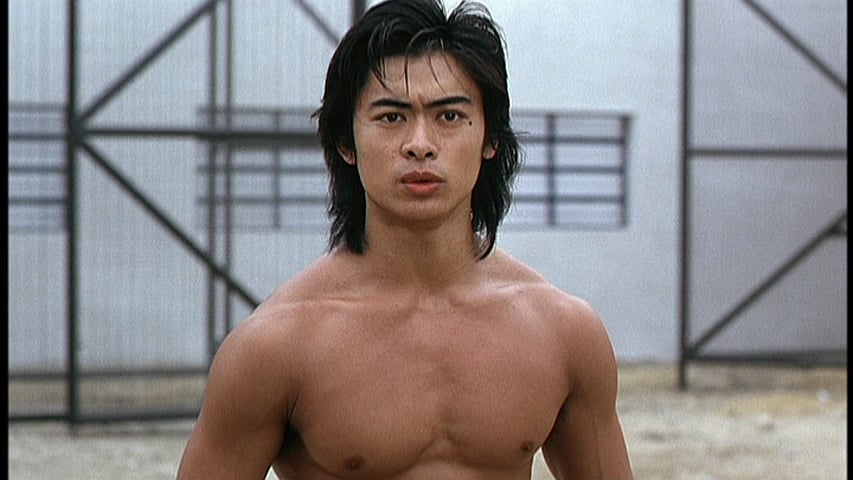
That story is conveyed with such over-the-top camp that the movie can come off like something out of a mature Looney Toons script. The prison staff and inmates alike seem to commit wanton acts of cruelty with little rhyme or reason. The Assistant Warden, Cyclops Dan (Mei Sheng Fan) is even shown eating a banquet’s worth of food while sitting in front of a row of porn tapes, as if to brag of how evil he is. Meanwhile, the flashbacks that show how the hero himself got into his predicament feature — among others — sappy melodrama out of an old commerical as well as training montages where he punches and kicks gravestones thrown by his master. Once Upon a Time in China (1991), this is not.
This extends to the violence itself, which goes really overboard in more ways than one. On top of the carnage being thrilling to watch, thanks to cartoony if somewhat decent choreography on hand, the gore is similarly taken to overdrive. Whether it’s Ricky punching through the belly of a would-be assassin, a dying Oscar/Hai (Frankie Chin) using his own intestines as a garrote, or the final confrontation with the Warden (Ka-Kui Ho), you can expect much in the way of blood and exploding limbs. Such is the flamboyant execution, however, that it goes from nauseating to outright hilarious.
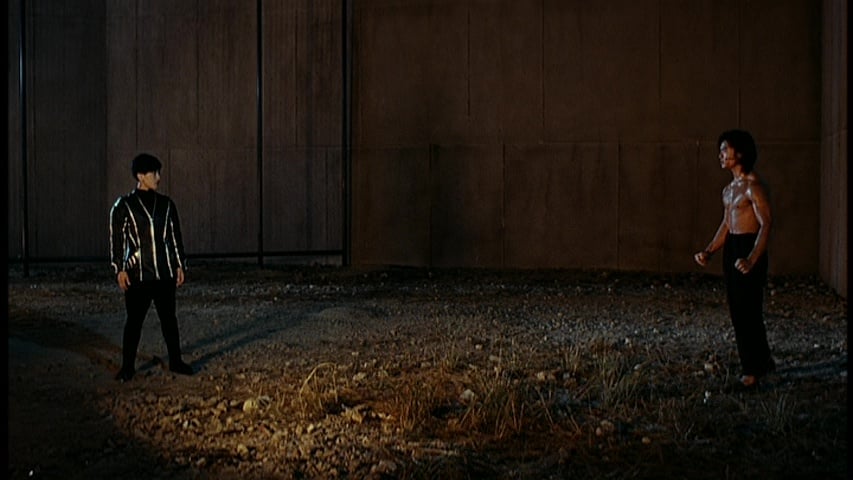
Granted, the low production values do become rather glaring at points. Be it the tinny synthesizer music or the obviously fake models used for many of the gore effects, you could tell that the creators didn’t have much of a budget to speak of. The jarring contrast between an otherwise serious plotline of a man’s quest for justice in a hopelessly corrupt world and the campy overacting can also be as distracting as it can be entertaining. Which isn’t even getting to the subpar dubbing for the English version or the seeming inconsistencies, like Ricky nonchalantly pulling out a nail embedded in his hand in one scene, only to wince at being pierced in the next.
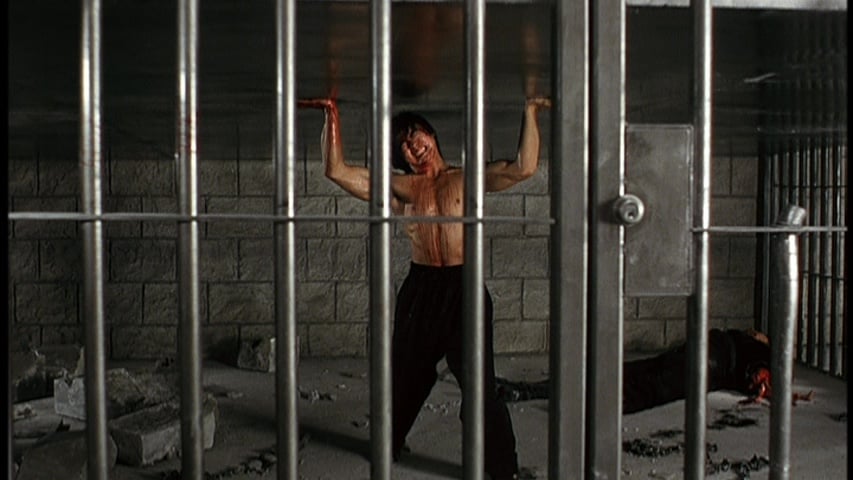
Put together, these give The Story of Ricky a grindhouse flavor that, while appealing for those into Quentin Tarantino’s works, can all too easily make for an off-putting experience for others. It’s not for nothing that, compared to Lam Ngai Kai’s previous films, it only raked in a little over Two Million Hong Kong Dollars, which may have contributed to the director’s career ending not long after the movie’s release. Indeed, its poor reception at the time may similarly have stymied Fan Siu-wong’s status as a martial arts star for a time, though his performance in Ip Man (2008) alongside Donnie Yen would help propel him to international fame.
Yet there’s more to this movie than the schlock that makes you, and many others, want to come back for more.
Another Man’s Treasure
As insane as Riki-Oh: The Story of Ricky can be, it’s easy to forget how close it is to the source material. While there are some changes like names and general setting altered to match a dystopian near-future Hong Kong, the plot accurately follows the first main arc of the original storyline. Fans of Masahiko Takajo and Tetsuya Saruwatari’s work, especially, would be quick to notice how many of the scenes closely mirror what’s on the page. This is also reflected in the absurd violence on display, as the manga is similarly loaded with bloody escapades. Thus, though the filmmakers don’t fully succeed in the execution, they clearly tried to stay faithful.
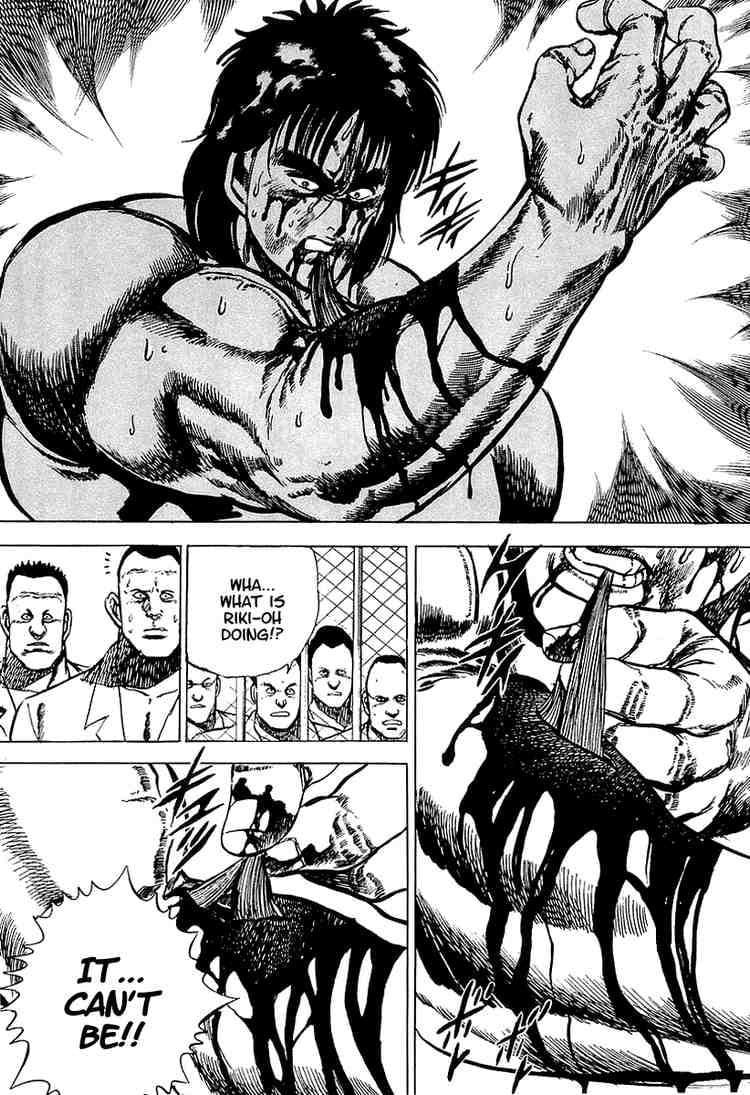
This isn’t to forget the performances. Even with the cartoony hijinks and overacting, the cast tried their best with what they had. Fan Siu-wong’s acting as Ricky comes of particularly charismatic and convincing. The fight scenes, especially between him and Huang Chung/Rogan (Yukari Oshima) are nothing to scoff at, with both showing their martial arts prowess. Such effort goes far in making what would otherwise be just another low-budget grindhouse flick stand out all the more.
If nothing else, The Story of Ricky is a fascinating piece of Hong Kong cinema that manages to also be, in its own way, a solid adaptation of the original Riki-Oh. While it’s not for everyone, there’s a reason why it’s considered a cult classic. Whether it’s the over-the-top spectacle, the absurd lunacy of the premise, or simply the sight of people’s limbs blowing up, you’re bound to find something here worth your while.


